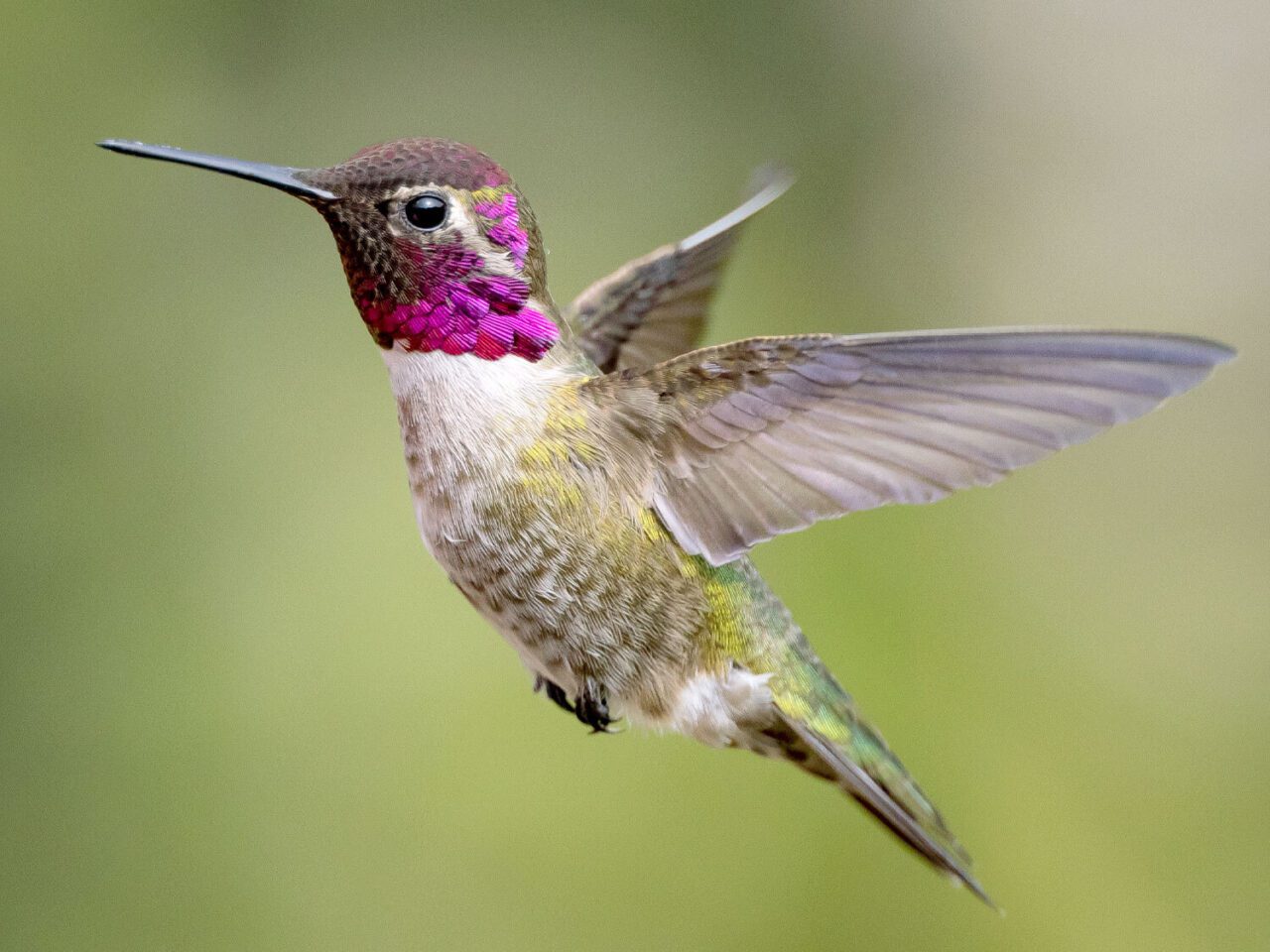FAQ: Changes to Eponymous Bird Names
November 1, 2023On November 1, 2023, the American Ornithological Society announced that it will change the English common names of birds that are named after people. The AOS will develop a pilot process with a small number of species, then address changes on a rolling time frame, first focusing on 70–80 species that occur primarily in the U.S. and Canada.
More about this decision from the American Ornithological Society:
Below, we provide answers to additional questions about the Cornell Lab’s position and roles in the process.
A: The Cornell Lab of Ornithology supports the decision of the American Ornithological Society to change English bird names that are named after people (eponymous names), and to engage the public in selecting the new names.
Some eponymous bird names carry associations with historic injustices. Determining which names to change case by case would be subjective and intractable. Changing all eponymous names is a clear standard. It also provides an exciting opportunity to generate bird names that are more informative about the birds themselves.
We recognize that people will have different opinions about these name changes and the challenges of the endeavor. The Cornell Lab of Ornithology stands ready to engage with partners and communities to learn more, to aid a broad understanding of these changes, and to bring together the passion of everyone who loves birds to join in celebrating and protecting them.
A perspective essay written by the Cornell Lab’s director, Ian Owens, explores these ideas further.
A: The changes are proposed to be rolled out through time rather than all at once, and will begin with a pilot involving a small number of species. After that, the first focus will be about 70–80 birds found primarily in the U.S. and Canada.
The AOS currently maintains authoritative bird checklists for North, Central, and South America. Beyond the U.S. and Canada within this purview, the AOS will work with ornithological societies in those regions to determine what organizations would be the most appropriate stewards of English common names in collaboration with regional communities, in ways that are aligned with their wishes.
There are 152 eponymous English names on the list of birds determined by the AOS North American Classification Committee and 111 determined by the South American Classification Committee (in total, about 5.5% of English bird names that AOS currently oversees).
A: This timing is still to be determined. The AOS has stated that it will launch a pilot to work out the logistics including a path to involving experts and the public.
Each year the AOS has updated bird names once during the summer published as a Supplement to the Check-list of North American Birds. The new process is likely to be on a similar timeline.
After name changes are published by AOS, these changes will be reflected on the Cornell Lab of Ornithology’s platforms (e.g., eBird, Merlin, All About Birds, and Birds of the World) during the Lab’s annual taxonomic updates in October.
A: English names in other regions will continue to be determined in collaboration with, or by, other entities.
A: The American Ornithological Society has said it will establish a new committee that is envisioned to include individuals whose expertise represents the social sciences, education, arts, communications, ornithology, and taxonomy. Additionally, the AOS has committed to actively involving the public in the process of selecting new names. See “How long will the process take, and how will it work?” on the AOS FAQ page.
A: The Lab anticipates aiding users in learning new names, for example, by including the former names on its platforms during a transition period, where space allows.
Please see the eBird website for a full article on this topic: AOS Announces Plan to Revise Eponymous Bird Names—What Does That Mean for eBirders?

All About Birds
is a free resource
Available for everyone,
funded by donors like you
American Kestrel by Blair Dudeck / Macaulay Library
